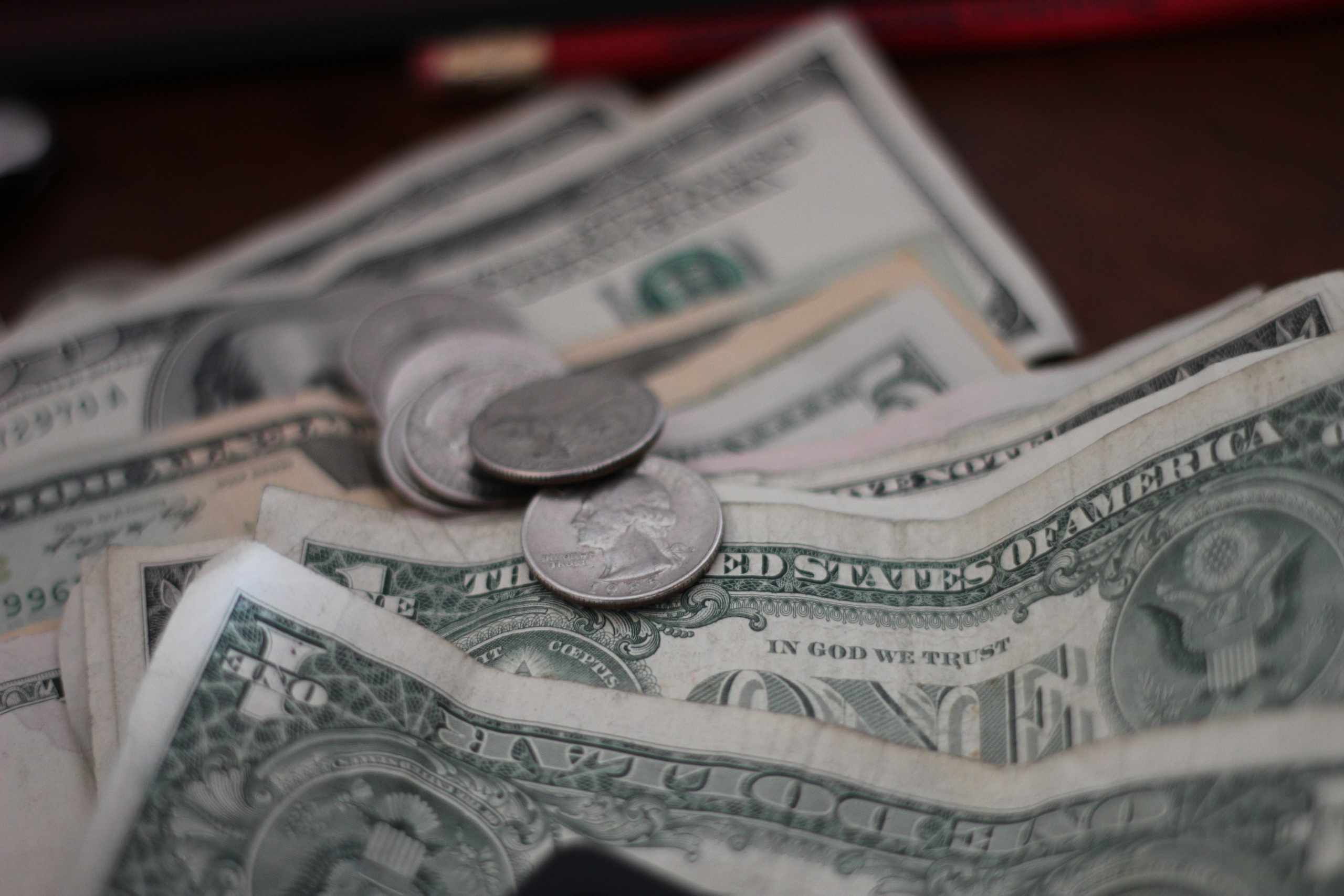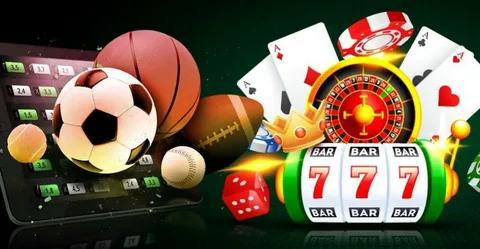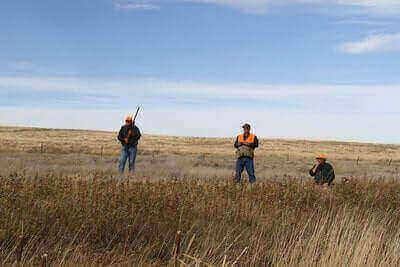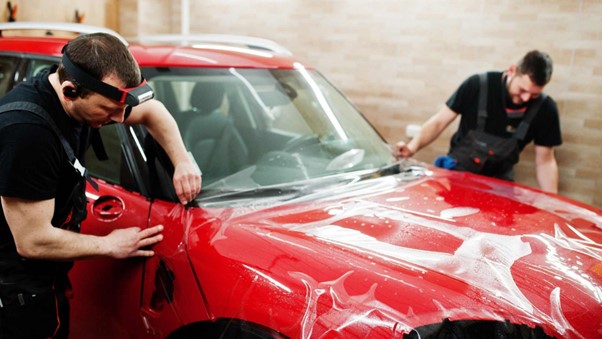
Satta matka dpboss sport is basically based on a gambler’s perception and luck. Gambling is inconsistent as you have to perceive lucky numbers.You have many competitions that gamble. So, their presence makes the game much competitive.Online gambling tournaments take place at distinct times.Gamblers have to track these satta markets for betting.Without hindrance of the professional brokers, gamblers are able to receive regular information including matka hints, results and upcoming upgrades. Track the situations through your android as electronic matka satta markets are compatible with multiple devices. Sattamatka143.com is the most recent website which delivers initial error-free information to individuals.
Visit Best Website to Have Information about Matka World
People like the favorite Satta matka boss game to play on internet. The trend in hitting the gaming sites lasts long to engage more gamblers.Newcomers want to invest money and earn profits. Many of youngsters are interested to learn about top matka gambling markets.This website has curated the content for producing blogs, infographics, and internet content. Pros have edited the material before they publish. So, the quality of information must be high.When a newbie gambler reads the blogs on this gaming portal, he’s surprised. He gets pleased to have the free betting tips to build up the combined numbers to battle the competitions.
Track Top Satta Markets
Sattamatkadpboss.org has connection with reputed satta markets. Live updates can be found here for giving youa roadmap. Super results may be favorable to you. Check routine online satta matka results to match the various collection of numbers.Panel charts, time table and dividing headlines are informative.Know if you need to bet on the tough gambling market or you’ve got space to acquire easily.Premium members acquire more clues and benefits to develop into professional experienced bettors.
Do Accurate Math Calculations
In the beginning, you have to do a great deal of calculations to allow you to quickly to combine and create the numbers.Your tactical calculations shouldn’t be incorrect. Evaluate clues given by renowned gamblers.The guessing forum enables professional gamers and gamboling consultants to post feedbacks/clues/sample calculation graphs. Every day, try to formulate new theories for superior calculations.The online data comparisons are all effective to display the amounts.
SATTA Matka, Kalyan Matka, along with dp boss satta matkar esults are declared daily.People who have penchant for placing bets have to better their talent.Read sample posts on various gaming events. Even to have great inspiration,go through the success stories of legends from the gaming industry. You must be a master with dynamic self-confidence to bet for earning dollars.99 percent success in the matka world occurs when you place perfect choice maker to guess the numbers . The pros of the best website for gaming will steer you the way to be involved in the betting maintaining professionalism. Contact the very best gamblers for training. Sattamatkadpboss.org updates people every day with a great deal of hints for real gamblers.







